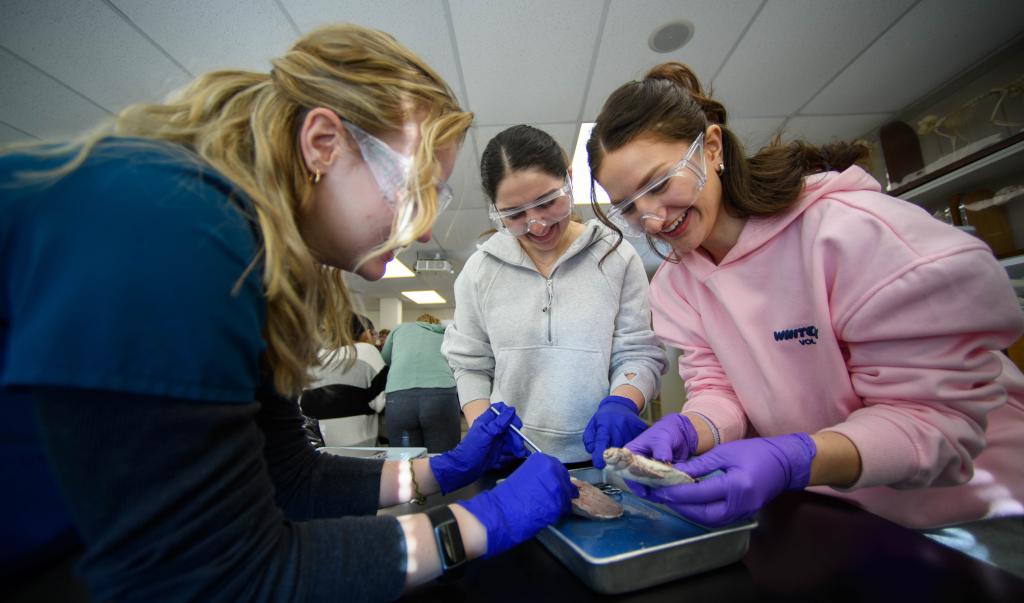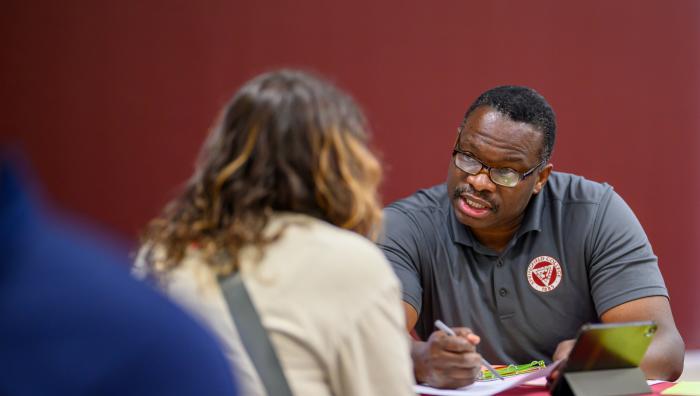Biology
Bachelor of Science
| About This Program | |
|---|---|
|
Program Contact
Hai Kinal |
|
|
Review our admissions requirements |
|
Curriculum and Delivery
|
|
|
Graduate Success and Careers
This major will help prepare you for the biology career that you want, whether it’s in research, health care, or other related fields. |
|
| Paying for Your Education | |
|
Interested in medical school?
Learn about our Premedical Scholars Program |
|
|
Upcoming Events
Check back soon for upcoming events! |
|

Test. Analyze. Discover.
The Biology major at Springfield College offers diverse exposure to the key areas of study in the life sciences. In this comprehensive program you'll study life at the molecular, organismal, and ecological levels. Laboratory and field work is included throughout the program, allowing you the opportunity for hands-on study, testing hypotheses, and data analysis. Through electives, you have the opportunity to tailor the major toward what interests you—from human anatomy to plant science to cell biology to chemistry.
Graduates of our program can go on to pursue graduate schools, including schools of medicine and dentistry; careers in laboratory sciences in hospitals or government; or teacher licensure. Students who want to enter medical, health, or dental school will be well supported by our Pre-Medical and Pre-Health Scholars Program, which provides a dedicated advisor with experience in the complexities of medical or dental school applications. Additionally, an interdepartmental preprofessional committee can provide students with further information essential for achieving their goals.



